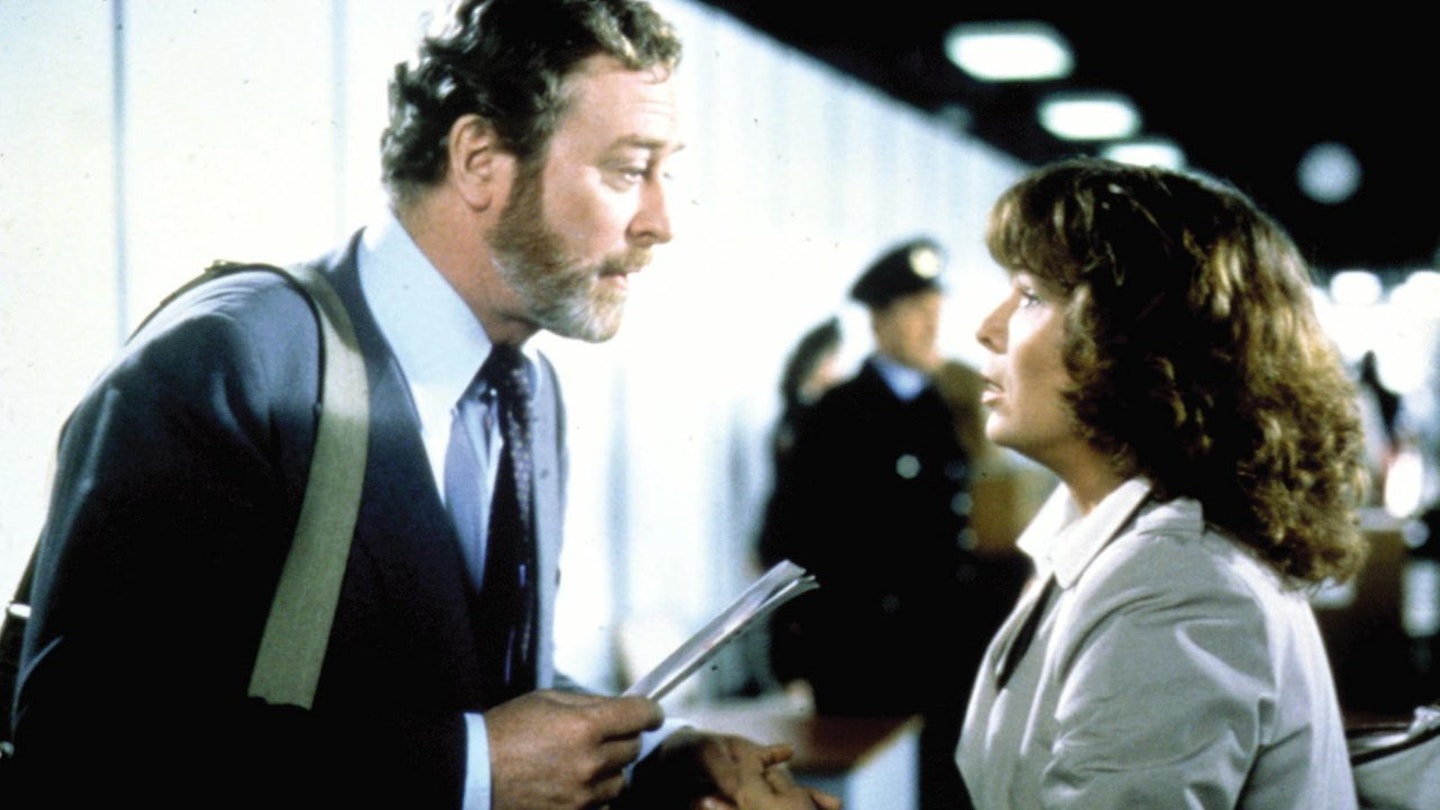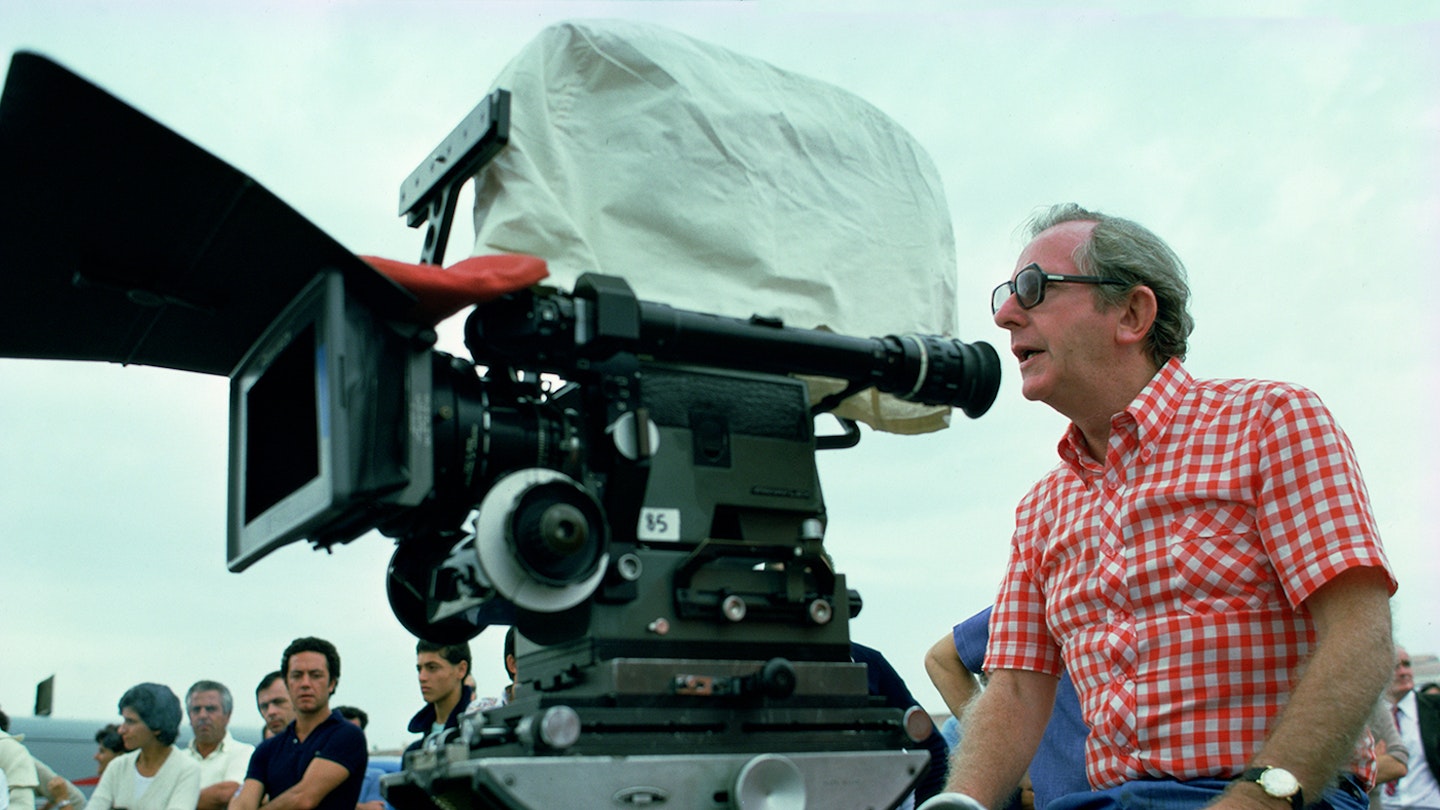While it’s easy to sneer at the familiar gauze of little people and their little lives, British cinema’s damp whiff of used teabags, Lewis Gilbert, and two career best performances from his leading actors, give this film such energy it leaves the pleasant aroma of life and possibility.
Educating Rita is a gem, created by the fertile pen of Willy Russell who dresses the downtrodden in layers of self-respect rather than Mike Leigh’s forced caricatures. She is emerging from the fog of routine, becoming aware the limits and destinies of her life might be overcome. She wants to be more than this prescribed version of herself, a gobby hairdresser anchored by a drab husband and negative friends, but she has a way to go. The key to Julie Walters’ splendidly rich interpretation is a form of demand, she is bursting with need but stymied by circumstance. Yet, her abridged reactions to the traditions of English lit carry the caustic brilliance of true intelligence, a shattering of blithe pretension, starting with her anatomic reading of the title of Howard’s End.
Frank is equally in need, but he’s smothered his failings in whiskey. Caine, during his slow transition from leading man to classy character actor, checked in with this leaning tower of an academic: spiky, self-destructive, drunk. The electric jolt of Rita, from the moment she tiptoes into his messy study, is a life-giver. She is ready with questions that have long been taken for granted, like why he stopped writing poetry. They make a beautifully odd couple, in a love story at one remove.
Lewis Gilbert is doing a realist spin on Pygmalion, replacing the songs with a maudlin edge. But it is effective, and finally optimistic, Willy Russell’s angry message that people are trapped by their environment not their abilities, is salved by the sweetness of the final parting.

